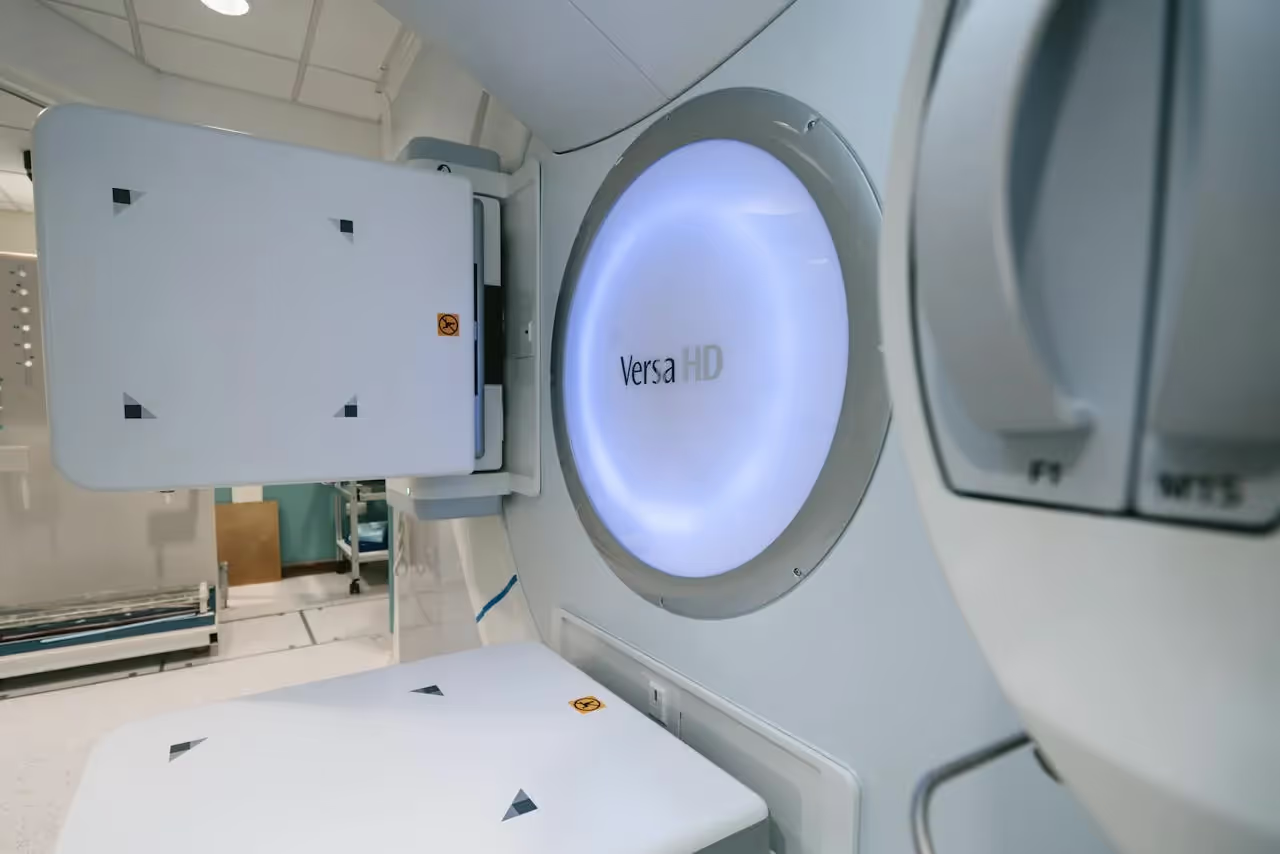Understanding Military Discharge: Types and Their Impact on Reenlistment
Leaving the military is a life-changing event, and the circumstances of your discharge can shape future opportunities. If you're considering reenlisting, it's essential to understand how your previous discharge type affects your chances. Many service members wonder, "Can I rejoin the military after being discharged?" The answer depends on several factors, including the type of discharge, the reason for separation, and military branch policies.
Types of Military Discharges and Your Eligibility to Reenlist
There are several types of military discharges, each carrying unique consequences for returning to service. Here’s a quick breakdown:
- Honorable Discharge: You completed your service with strong performance and followed the rules. This discharge offers the best chance to reenlist.
- General Discharge (Under Honorable Conditions): You completed your service satisfactorily but with minor issues. You may be eligible to reenlist, but waivers could be required.
- Other Than Honorable (OTH) Discharge: This type often results from serious misconduct. Reenlistment becomes much harder, and most branches require special approval or waivers.
- Bad Conduct or Dishonorable Discharge: These result from court-martial actions for serious offenses. Returning to the military is almost impossible, as these discharges permanently bar reenlistment.
- Entry-Level Separation: Given during the initial training phase. Depending on the circumstances, you may be eligible to try again later.
- Medical Discharge: If you were separated due to medical reasons, your eligibility to reenlist depends on recovery and the nature of your medical issue.
The most important factor in reenlistment eligibility is your RE (Reenlistment) code on your DD-214 form. This code tells recruiters if you're allowed to join again, need a waiver, or are ineligible. Check your discharge paperwork first to see your specific situation.
Reasons You May Want to Reenlist in the Armed Forces
Many veterans miss the sense of purpose and camaraderie of military life. Some want to access better benefits, complete unfinished service, or pursue a higher rank. Others may simply feel called to serve again. Whatever your reason, understanding the basics of the military reenlistment process is key.
How to Rejoin the Military After Being Discharged
Each branch (Army, Navy, Air Force, Marine Corps, Coast Guard, Space Force) has its own policies for prior service members. Here are the general steps you should take:
- Review your DD-214 for your discharge type and RE code.
- Visit a military recruiter and discuss your options. Bring all your service paperwork.
- If you received an RE code that requires a waiver, ask about the waiver process and supporting documents needed.
- Pass a background check, medical exam, and any required fitness tests.
- Discuss your previous job or Military Occupational Specialty (MOS). Some roles may not be open for reenlistment.
Be honest about your service history and reasons for discharge. Recruiters can help you understand what’s possible and outline steps for moving forward.
Factors That Affect Military Reenlistment Eligibility
Your path back to military service can be influenced by several things, such as:
- Length of time since discharge: Certain branches have time limits for prior service reenlistment.
- Current age and physical condition: Age and health requirements still apply, even for veterans.
- Changes in military needs: Some jobs or ranks may be needed more than others, affecting availability.
- Previous training and education: Your past experience may help or limit your options.
- Reason for previous discharge: Recruiters will review your service record closely.
Will a Discharge Upgrade Improve Your Reenlistment Chances?
If you received a less-than-honorable discharge, you might consider applying for a discharge upgrade. This process involves submitting a request to the appropriate board, explaining why your discharge should be changed. If successful, an upgrade can improve your eligibility for reenlistment and veterans' benefits. Be prepared for a lengthy process and a need for strong documentation.
Commonly Asked Questions About Returning to Military Service
Frequently Asked Questions About Returning to Military Service
Can you go back to the Army after being discharged?
Yes, it is possible to go back to the Army after discharge, but eligibility depends on your discharge type, RE code, physical condition, reason for discharge, and current Army policies. Honorable and some general discharges have the highest chances for reenlistment.
What RE code allows you to reenlist?
RE-1 codes usually mean you can reenlist without restrictions. RE-2 or RE-3 codes may require waivers. RE-4 codes often mean you cannot reenlist. Always double-check your RE code on your DD-214 and discuss it with a recruiter.
What disqualifies you from rejoining the military?
Serious criminal convictions, dishonorable or bad conduct discharges, undisclosed health issues, or exceeding the service's age limit can disqualify you from rejoining. Consult with a recruiter to determine your specific status.
How do you upgrade a military discharge?
To upgrade a discharge, submit a request to the Discharge Review Board of your service branch. Include all relevant documents and reasons for the change. Legal or veteran service organizations can help you with this process.
Can you reenlist if separated for medical reasons?
Yes, sometimes. If your health has improved and you meet medical standards, you can ask a recruiter about reenlistment. However, certain medical conditions may prevent you from serving again.
Steps to Take If You Want to Rejoin the U.S. Military Today
- Gather all service documents, including your DD-214.
- Review your discharge status and reenlistment code.
- Contact a military recruiter—be prepared for an honest discussion.
- Ask about current age, medical, and job requirements for your branch.
- If needed, research how to upgrade your discharge or get necessary waivers.
- Stay physically fit and mentally prepared for new challenges.
Rejoining the armed forces after discharge is possible for many veterans, especially those with honorable or general discharges. Each situation is unique, but dedication and the right support can help you explore a second chapter in military service.











.svg)



